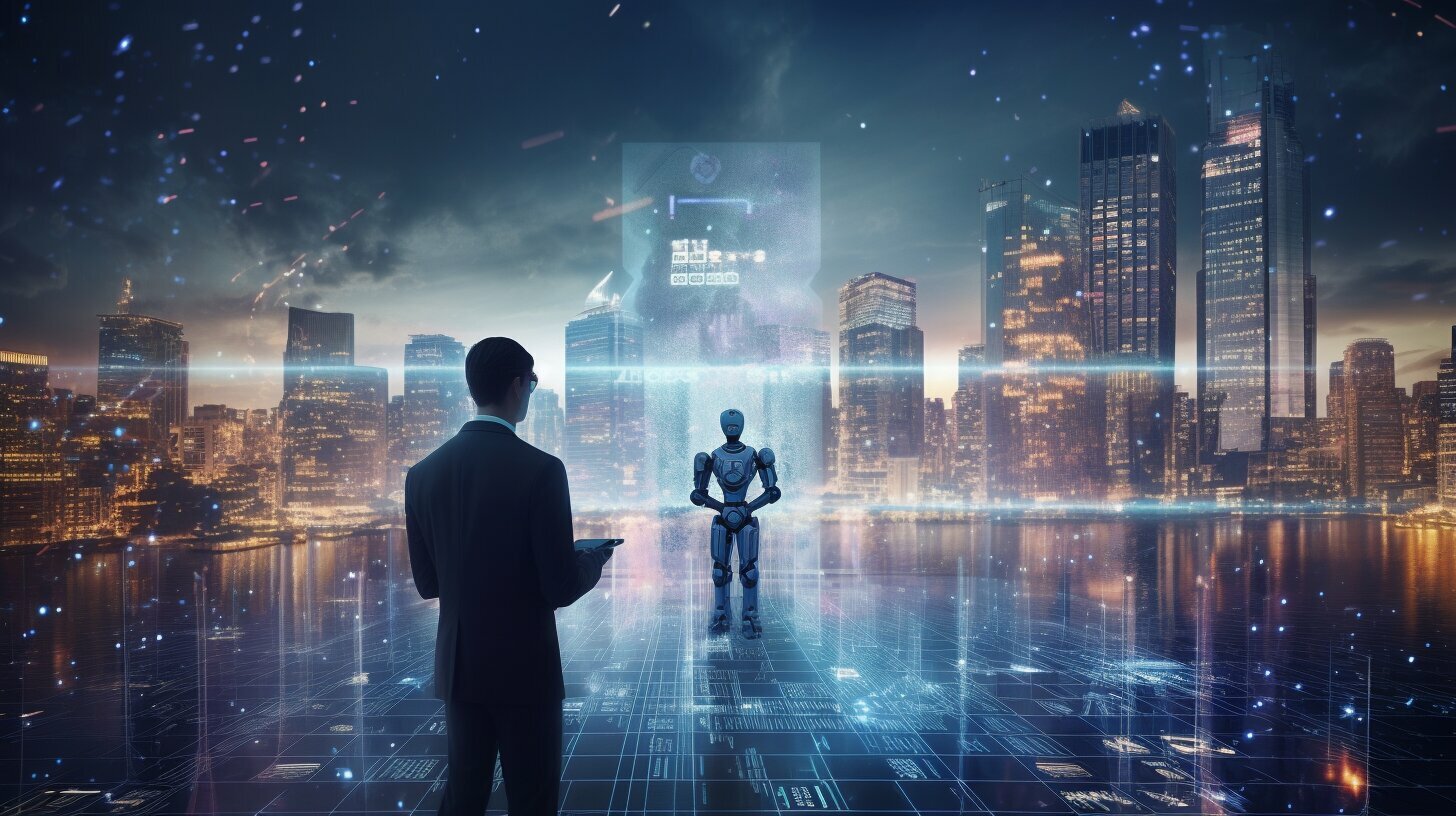Artificial intelligence (AI) has become a crucial aspect of our daily lives, transforming numerous industries and improving our everyday experiences. However, as AI progresses, worries about its security protocols and potential hazards have also surfaced. This article delves into the significance of AI security and its vital role in safeguarding our future.
The Rise of AI
In recent years, AI has made significant advancements, enabling machines to perform tasks that were once exclusive to humans. From self-driving cars to virtual assistants, AI has transformed how we live and interact with technology. With its ability to analyze vast amounts of data and learn from it, AI has opened up new possibilities across numerous sectors, including healthcare, finance, and manufacturing.

The Need for AI Security
The need for robust security measures becomes increasingly crucial as AI becomes more prevalent. AI systems are susceptible to attacks and manipulation, posing potential threats to individuals, organizations, and even nations. AI technology could be exploited for malicious purposes without adequate protection, jeopardizing privacy, data integrity, and public safety.
Protecting Sensitive Data
One of the key concerns surrounding AI is the protection of sensitive data. AI algorithms require vast amounts of data to function effectively, often including personal and confidential information. Without proper security measures, this data can be vulnerable to breaches, leading to identity theft, financial fraud, and other cybercrimes.
Implementing robust encryption methods and secure storage systems is crucial in safeguarding sensitive data. We can mitigate the risks associated with unauthorized access and data breaches by ensuring that AI systems adhere to strict data protection protocols.
Preventing AI Manipulation
Another significant concern in AI security is AI algorithms’ potential for manipulation and bias. If AI systems are designed or trained with biased data, they can perpetuate discriminatory practices and amplify societal inequalities. Implementing measures that prevent AI systems from being manipulated for unethical purposes is essential.
Developing transparent and accountable AI algorithms is crucial in ensuring fairness and avoiding potential biases. By regularly auditing and reviewing AI systems, we can detect and rectify any biases or manipulations, promoting ethical and unbiased AI practices.
The Role of AI Security in the Future
As AI technology advances, its integration into critical systems and infrastructure becomes more prevalent. From autonomous vehicles to smart cities, AI technology will play a significant role in shaping our future. However, with this increased reliance, the importance of AI security cannot be overstated.
AI security measures must keep pace with technological advancements to effectively address emerging threats. Continuous research and development in AI security will be crucial in staying one step ahead of potential attackers. By anticipating and mitigating risks, we can ensure that AI technology remains a force for good.
In Conclusion
AI security is a vital aspect of our technological future. By prioritizing protecting sensitive data and preventing AI manipulation, we can harness the full potential of AI while minimizing potential risks. As AI continues to evolve and reshape our world, ensuring its security will be paramount in safeguarding our privacy, well-being, and the future of our society.










